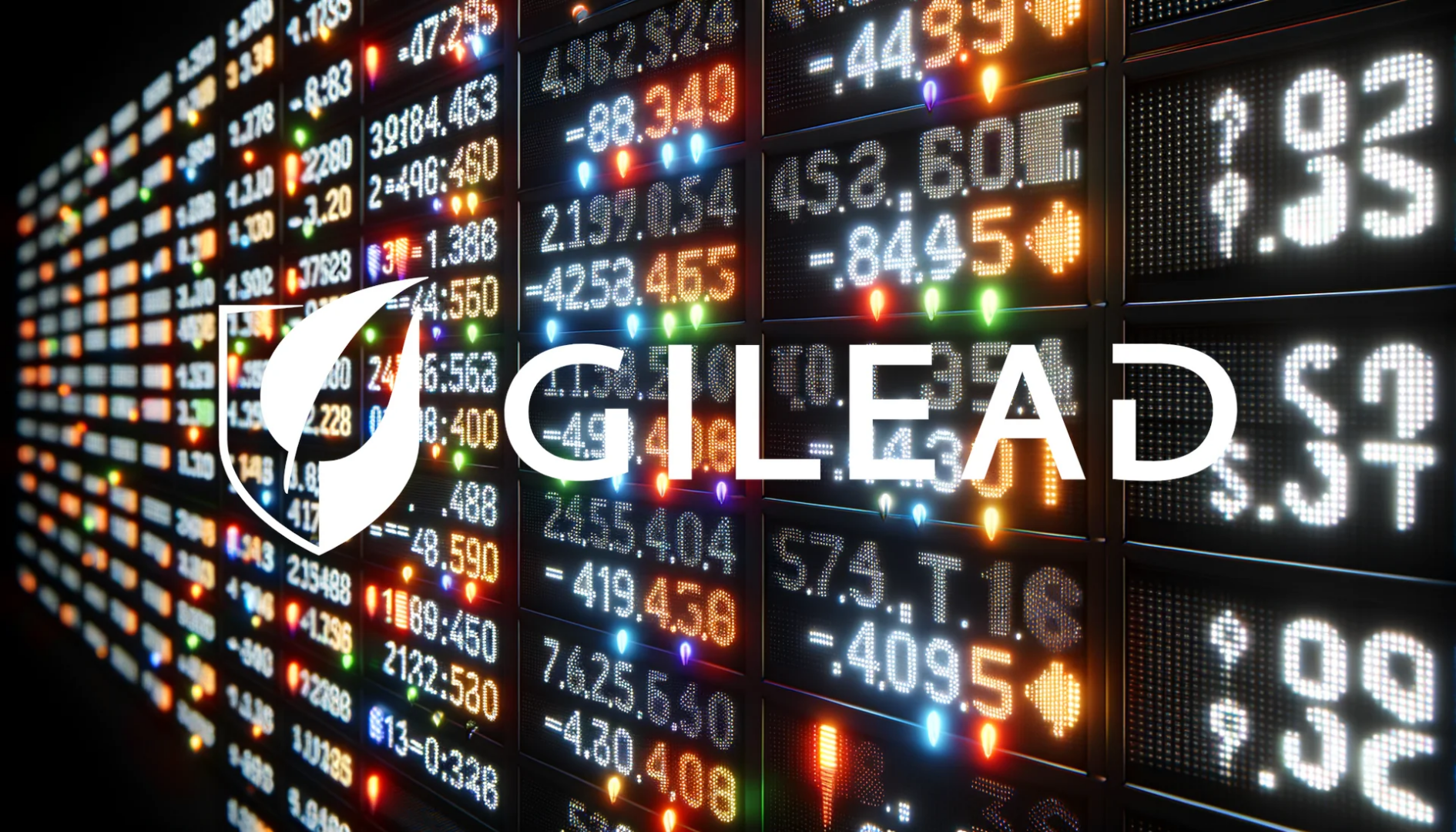Investor confidence in consumer goods conglomerate General Mills continues to erode as the company navigates a challenging operational landscape. With persistent revenue declines and mounting competitive pressures, shareholders are questioning whether current valuations represent a market bottom or if further depreciation lies ahead.
Financial Performance Under Scrutiny
The company’s shares are currently trading just above their 52-week low, having shed more than 34% of their value since the start of the year. While a Relative Strength Index reading of 31.3 indicates potential oversold conditions, fundamental catalysts for a sustained recovery appear limited.
Market observers point to concerning trends in the company’s cash generation. The declining free cash flow margin suggests increased capital intensity in an increasingly competitive environment, potentially constraining General Mills’ financial flexibility moving forward.
Analyst Sentiment Turns Cautious
Recent analyst actions reflect growing concerns about the company’s prospects. Goldman Sachs maintained its “Neutral” rating on Monday while reducing its price target from $53 to $50. More bearish commentary came from research platform StockStory, which issued a sell recommendation based on two consecutive years of declining sales volumes and projected revenue contraction of 3.2% over the coming twelve months.
Should investors sell immediately? Or is it worth buying General Mills?
Strategic Response to Market Challenges
In response to these headwinds, General Mills has implemented aggressive cost-cutting measures alongside strategic investments. For fiscal year 2026, the corporation aims to achieve at least 5% savings through its Holistic Margin Management program, supplemented by an additional $100 million in cost reductions.
These efficiency gains, however, come with trade-offs. The preserved capital is being redirected toward price adjustments, innovation initiatives, and marketing campaigns—prioritizing long-term positioning over immediate profit enhancement.
Dividend Sustainability Questions
Amid the operational pressures, General Mills continues its dividend commitment—maintaining a 127-year uninterrupted tradition of shareholder distributions. The company plans to disburse its quarterly dividend of $0.61 per share in February 2026. Nevertheless, investors are increasingly questioning how long this payout level remains sustainable if core business performance continues to deteriorate.
All attention now turns to December 17th, when General Mills discloses its second-quarter results. Will the consumer goods giant demonstrate tangible progress toward operational turnaround, or does the downward trajectory have further to run?
Ad
General Mills Stock: Buy or Sell?! New General Mills Analysis from February 7 delivers the answer:
The latest General Mills figures speak for themselves: Urgent action needed for General Mills investors. Is it worth buying or should you sell? Find out what to do now in the current free analysis from February 7.
General Mills: Buy or sell? Read more here...










